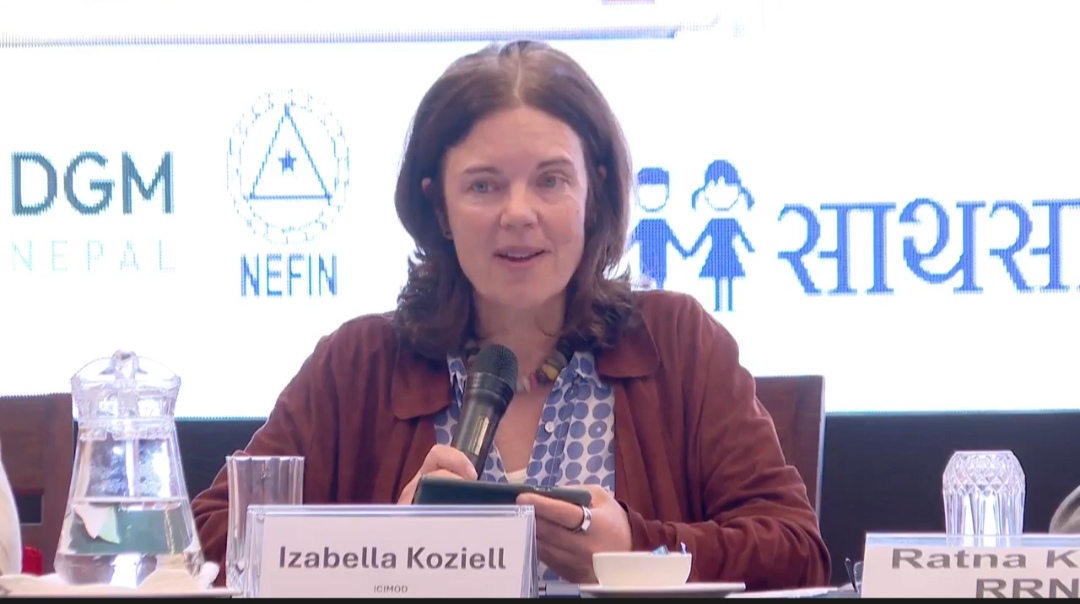The National Climate Assembly, held on November 6, 2024, at Hotel Radisson in Kathmandu, brought together a powerful lineup of government officials, environmental leaders, and civil society advocates. Organized by Rural Reconstruction Nepal (RRN), this civil society consultation served as a crucial platform to integrate climate justice into Nepal’s agenda ahead of COP29, emphasizing equitable climate finance access and local adaptation strategies for the country’s most vulnerable communities.
The assembly opened with Hon. Ain Bahadur Shahi Thakuri, Minister of Forest and Environment, as Chief Guest, who underscored Nepal's commitment to policies prioritizing climate-vulnerable groups. Dr. Arjun Karki, Executive President of RRN, chaired the session, advocating for the vital role of civil society in addressing climate injustice.
In an in-depth discussion moderated by Ratna Karki and Dr. Suresh Tamang from RRN, the session focused on key themes: equitable access to climate finance and strengthening local adaptation practices to empower women, indigenous peoples, and local communities in the fight against climate change. Nabaraj Pudasaini, Joint-Secretary at the Ministry of Forest and Environment, stressed the need for transparent and inclusive funding systems that enable grassroots initiatives to flourish. Echoing this, Izabella Koziell, Deputy Director General of ICIMOD, highlighted the importance of regional partnerships to bolster Nepal’s resilience against climate impacts.
Participants like Laxman Sharma, Secretary-General of the General Federation of Nepalese Trade Unions, advocated for prioritizing financial inclusion for marginalized communities within climate strategies. Similarly, Nagedv Yadav, President of the Community Development and Advocacy Forum Nepal, called for a rights-based approach that ensures climate action is inclusive and equitable for all Nepalis.
Representing UN Women Nepal, Sama Shrestha spoke on the disproportionate effects of climate change on women, urging gender-responsive policies to enhance resilience. The voices of indigenous leaders, including Ganesh Bahadur BK, Vice-Chairperson of the National Federation of Indigenous Nationalities (NEFIN), further emphasized the importance of respecting traditional knowledge systems as part of effective climate adaptation strategies.
The assembly underscored a unified message: addressing climate change requires a justice-centered approach that respects the rights of all, particularly those on the front lines of climate impacts. As Nepal prepares for COP29, the National Climate Assembly has set the groundwork for an agenda that is not only environmentally sustainable but also socially equitable, calling for a robust commitment from policymakers to integrate these insights into national and global climate dialogues.
With Nepal poised to amplify its voice at COP29, the National Climate Assembly has laid a compelling foundation for inclusive and just climate policies. The discussions at this assembly have sent a clear message that climate action must prioritize equitable finance and adaptive strategies for vulnerable communities, paving the way for a sustainable and resilient future.